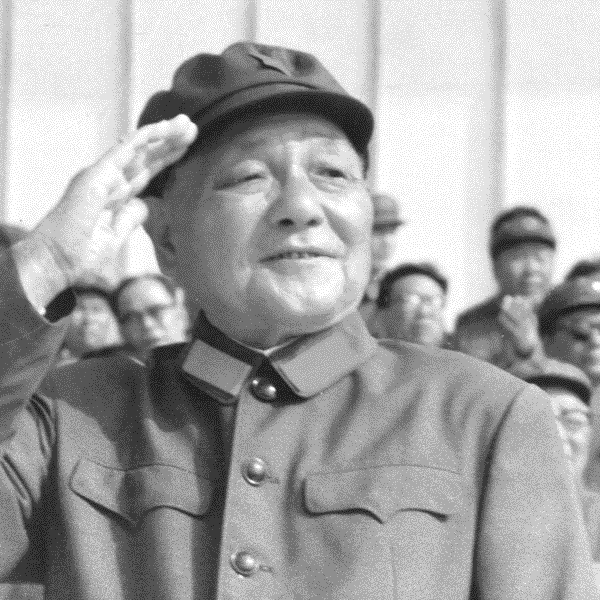this post was submitted on 12 Jul 2024
67 points (98.6% liked)
GenZhou
850 readers
6 users here now
GenZhou: GenZedong Without the Shitposts(TM)
See this GitHub page for a collection of sources about socialism, imperialism, and other relevant topics.
We have a Matrix homeserver and a Matrix space (shared with GenZedong). See this thread for more information.
Rules:
- This community is explicitly pro-AES (China, Cuba, the DPRK, Laos and Vietnam)
- No ableism, racism, misogyny, transphobia, etc.
- No pro-imperialists, liberals or electoralists
- No dogmatism/idealism
- For articles behind paywalls, try to include the text in the post
- Mark all posts containing NSFW images as NSFW (including things like Nazi imagery)
- Unserious posts will be removed (please post them to /c/GenZedong or elsewhere instead)
founded 2 years ago
MODERATORS
you are viewing a single comment's thread
view the rest of the comments
view the rest of the comments

...
Some parts I found particularly enlightening. For me, the question of "is China really socialist?" boils down to political power remaining in the hands of the CPC, which is not afraid to put a stop to practices that no longer "promote[] the growth of the productive forces in a socialist society" and thereby "increase[] the overall strength of the socialist state."